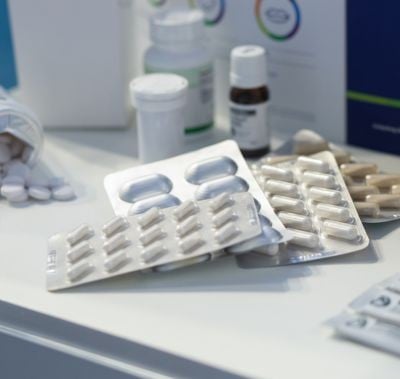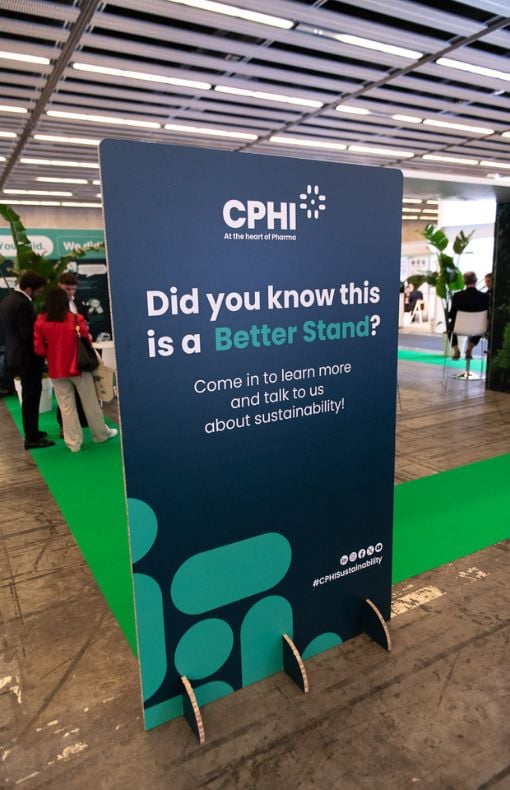This site is operated by a business or businesses owned by Informa PLC and all copyright resides with them. Informa PLC's registered office is 5 Howick Place, London SW1P 1WG. Registered in England and Wales. Number 8860726.
CPhI is part of the Informa Markets Division of Informa PLC
At the heart of Pharma
Uniting the global supply chain
Engage year round with your pharma community
We combine the power of face-to-face connections with the reach of online to give you endless opportunities to collaborate and improve patient outcomes.
A global community
Connect, share, learn

World-leading worldwide events
Come face to face with the global supply chain. Create and build rewarding relationships and develop partnerships that last.

Knowledge and insight
A content hub exploring the heart of the industry. Turn emerging trends and innovative breakthroughs into new opportunities.

Enabling year-round connection
Tailored digital advertising opportunities that help you engage with the right pharma professionals, at the right time.
Sectors
Putting you at the heart of pharma
Serving the global pharma supply chain
Machinery & Equipment
Finished Dosage
Packaging & Drug Delivery
Contract Services
API
Excipients
Integrated Pharma
Natural Extracts
Fine Chemicals
Bioproduction
-
470K+Global pharma professionals
-
1.2M+Unique website visitors in the last 12 months
-
127K+Email newsletter subscribers
-
125K+Unique web visits per month on CPHI Online


















